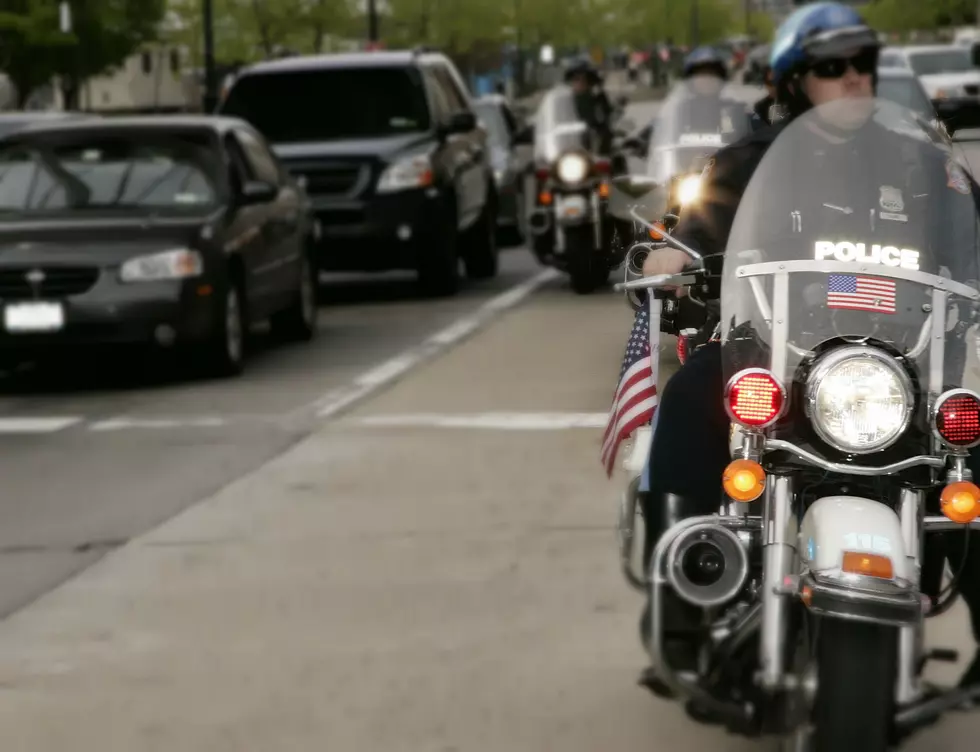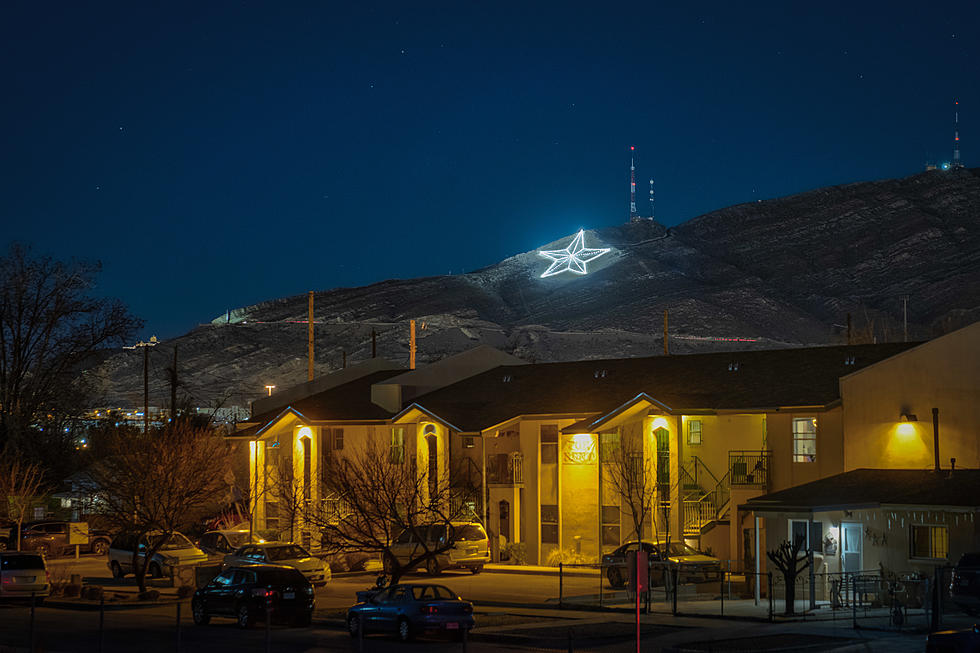
City of El Paso Traffic Regulations Pertaining to Funeral Processions
Now that El Paso police officers can no longer escort funeral processions, motorists are going to have to obey regulations already in place.
As 93.1 KISS-FM previously reported, the department has placed a moratorium on the service "until such time that the practice is reviewed and changes or modifications (are) implemented to improve the safety of the escorting officers" after two off-duty police were hit in separate incidents last month.
While the department and local funeral directors try to figure out a safer way of doing things, drivers and those who are part of the motorcade will have to be more cautious when coming up on or taking part in a funeral procession -- especially at intersections -- and follow the "miscellaneous traffic regulations" the City of El Paso already has on the books .
This is how the City of El Paso Municipal Code, Chapter 12.80, regarding funeral processions reads:
12.80.060 - Processions—Driving through.
No driver of a vehicle or motorman of a streetcar shall drive between the vehicles comprising a funeral or other authorized procession while such processions are in motion and when such vehicles are conspicuously designated as required in this title. This provision shall not apply at intersections where traffic is controlled by traffic-control signals or police officers.
12.80.070 - Funeral processions—Identification.
Every vehicle in a funeral procession shall be identified by displaying lighted headlamps throughout the entire period of such procession.
12.80.080 - Funeral processions—Driving in.
Each driver in a funeral or other procession shall drive as near to the right-hand edge of the roadway as practical and shall follow the vehicle ahead as close as is practical and safe.
Does Texas Law Require You to Pull over for a Funeral Procession?
In a word, no. According to the insurance news and claims resources site Claims Journal, which looked into the laws governing funeral processions of all 50 states:
There is no state law governing funeral processions, however, Texas courts recognize the tradition of vehicles stopping to allow a funeral procession to pass through an intersection.
In other words, it's customary but you're not obligated to do so by law.
A driver that collides with a vehicle in a funeral possession may be liable if the procession going through an intersection was noticeable.
Texas does not have any laws requiring drivers to yield to a funeral procession, either. If the procession has a police escort and they signal you to move over or yield then you must do so. But if the procession is not accompanied by peace officers you do not have to pull over and let it pass.
More From 93.1 KISS FM









